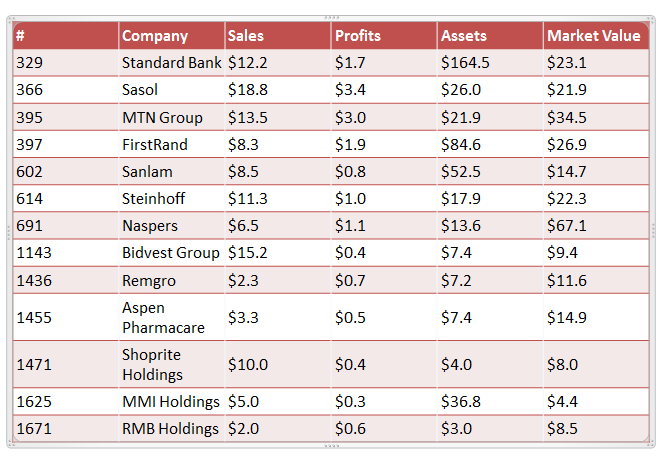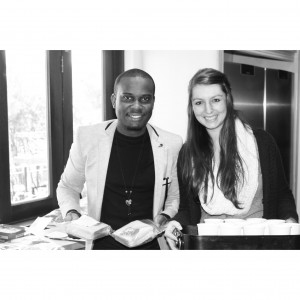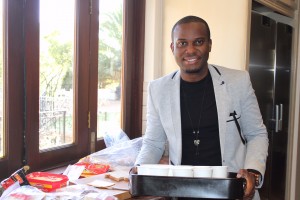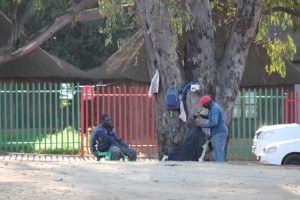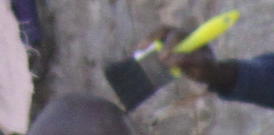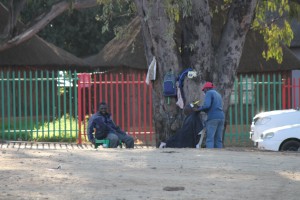Andela is on a mission to revolutionize Africa through technology spearheaded by Africans. This is a big challenge due to the inadequate supply of highly skilled tech talent in Africa. History informs us that successful revolutions require critical thinking, preparation, cultivation, and execution. So for Andela’s Africa tech revolution to materialize, there needs to be supply of local talent and the infrastructure to develop these talent to execute flawlessly.
Even Nigeria, Africa’s largest economy, is struggling with an adult literacy rate of just over 50% according to UNICEF. Although Nigeria allocates N392B ($1.9B) of the Federal budget to Education, assuming most of the money isn’t siphoned off to enrich corrupt officials, this is still disproportionately low for a country with a population size of over 170M. Moreover, (teacher) strikes at government-owned universities and colleges have become routine that many schools are forced to close for months while the students idle away. The students end up suffering the most from these strikes. And yet, these same students are supposed to be prepared to lead us into and in the future. Do you see the conundrum here?
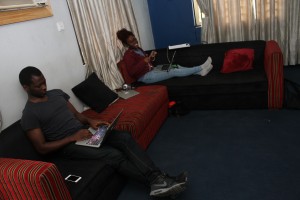
According to a report by the UN, Africa boasts the youngest population in the world, a figure estimated at 200M aged between 15 and 24. In the same UN report titled: ‘Africa’s youth: a “ticking time bomb” or an opportunity?’ the authors point to the staggering youth unemployment rate as one of the major concerns of Economists. I don’t think you have to be an Economist to be concerned about the potential economic impact of this issue. In Nigeria alone, youth unemployment is well over 50% according to a report by McKinsey. This figure is alarming and does warrant asking if it is in fact a “ticking time bomb”. Remember Egypt?
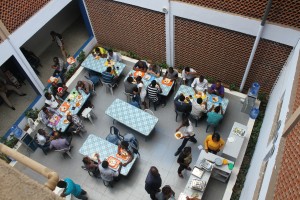
Andela sees this degree of unemployment as an opportunity which is why the founders are placing big bets on Africa’s youth with their bold approach. The company’s business model, perks, and culture have been detailed in prominent publications such as Inc., Forbes, and Wired. They make for a good read. Read all of them.
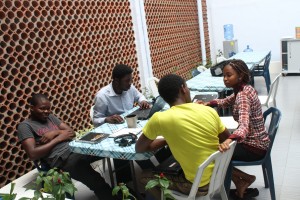
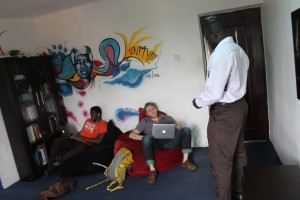
During my last trip to Lagos earlier this month, I spent some time exploring the Andela Lagos campus with Iyinoluwa Aboyeji Co-founder of Andela, Ebun Omoni – Director at Andela, and a group of recent fellows (Andrew, Oscar, Blessing, and Adebayo) to experience this revolution unfold firsthand.
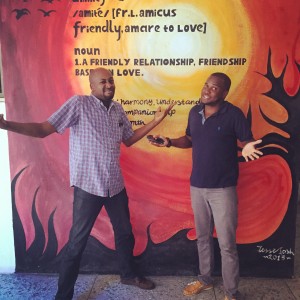 I left the campus feeling excited about the potential impact that current fellows could have once they leave Andela to start or join a new tech venture.
I left the campus feeling excited about the potential impact that current fellows could have once they leave Andela to start or join a new tech venture.
Andela recruits some of the brightest minds in Africa with their very selective process and puts them through an intense boot-camp that teaches a combination of computer programming and interpersonal skills before staffing these fellows on projects with clients abroad. The fellows get paid from day one of acceptance, no gimmicks. At Andela, it is much more than being just an amazing programmer, you also have to believe fully in their audacious future of Africa and take a lead role in shaping that future. Five to twenty years from now, many of these fellows will credit their time at Andela as the springboard to their successful venture. As Andela fellow’s technical expertise, business acumen, and confidence continue to accelerate, it will only be a matter of time before these fellows become tech job creators, not only for talent in Africa but talent across the world. I call this the Andela Alumni “Tech-Effect” on Africa’s youth (and the world).
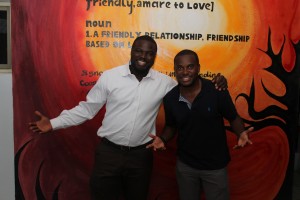
Update as of June 16, 2016: Mark Zuckerberg, co-founder of Facebook, and Priscilla Chan, his wife, through their joint venture (Chan Zuckerberg Initiative LLC) invested $25M into Andela. This is just another validation that Andela is heading in the right direction.
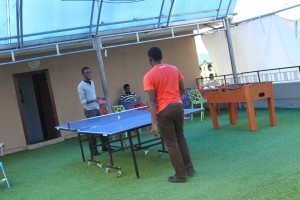
Andela is hiring. Apply at www.andela.co
Andela currently has locations in Lagos, Nigeria and Nairobi, Kenya; with plans to expand across Africa in the near future.
Follow and join their discussions on Twitter: @andela

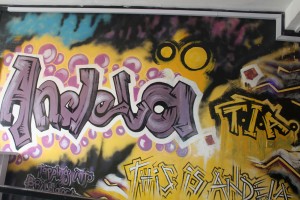
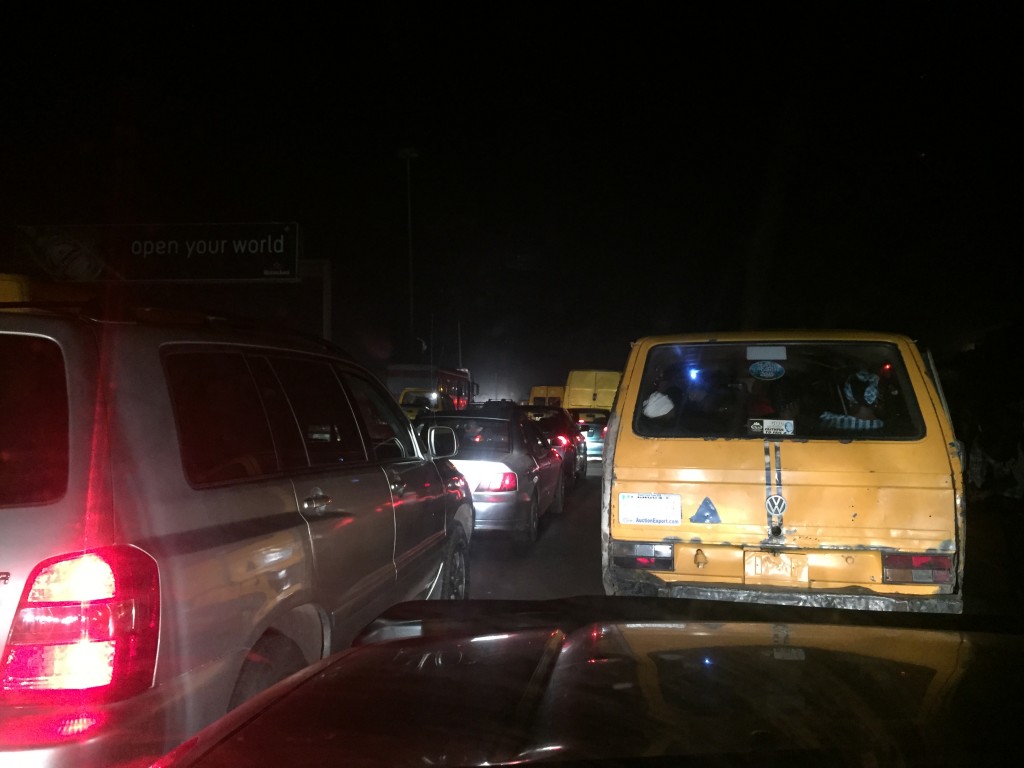
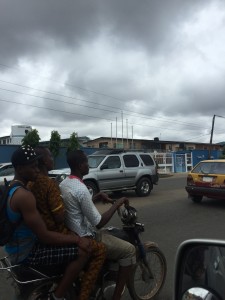
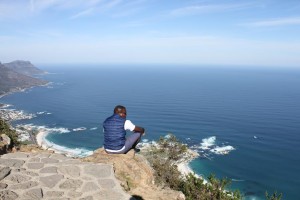


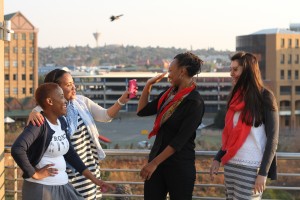
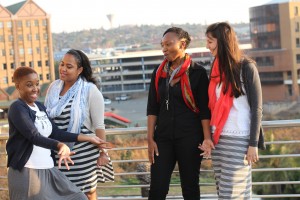
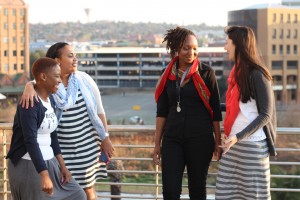
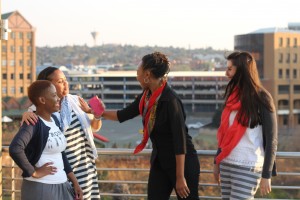
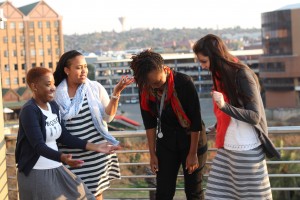
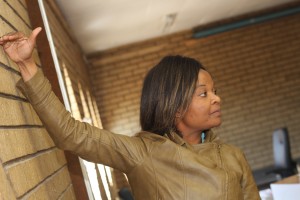
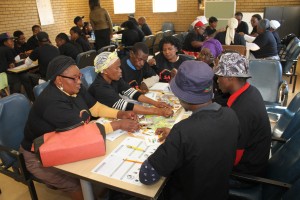
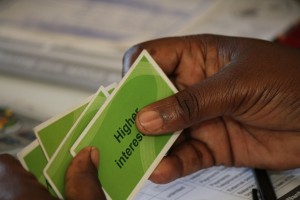
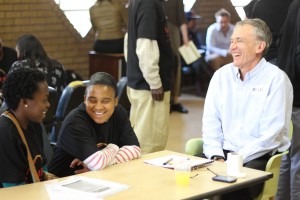
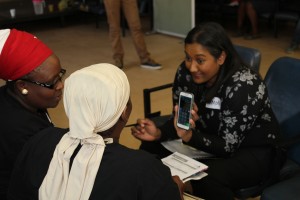
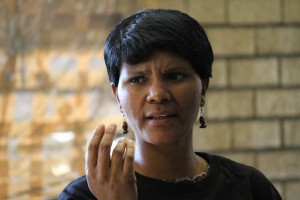
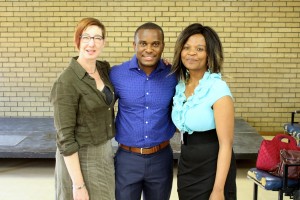
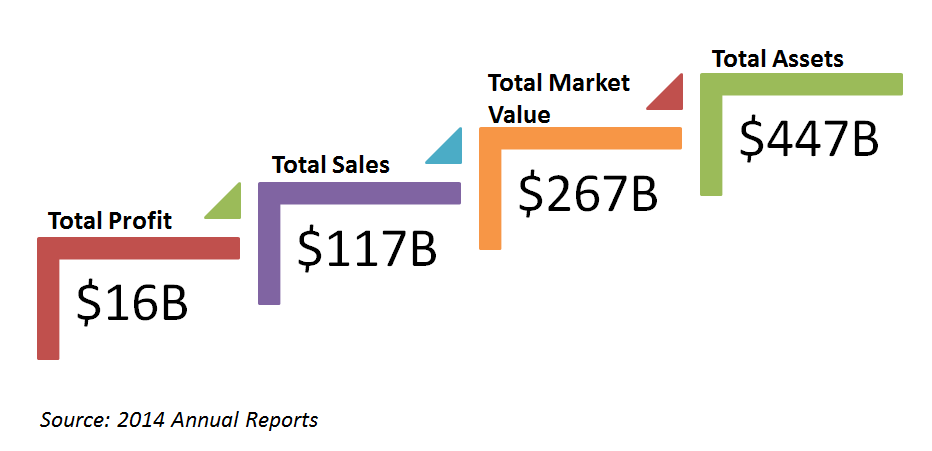
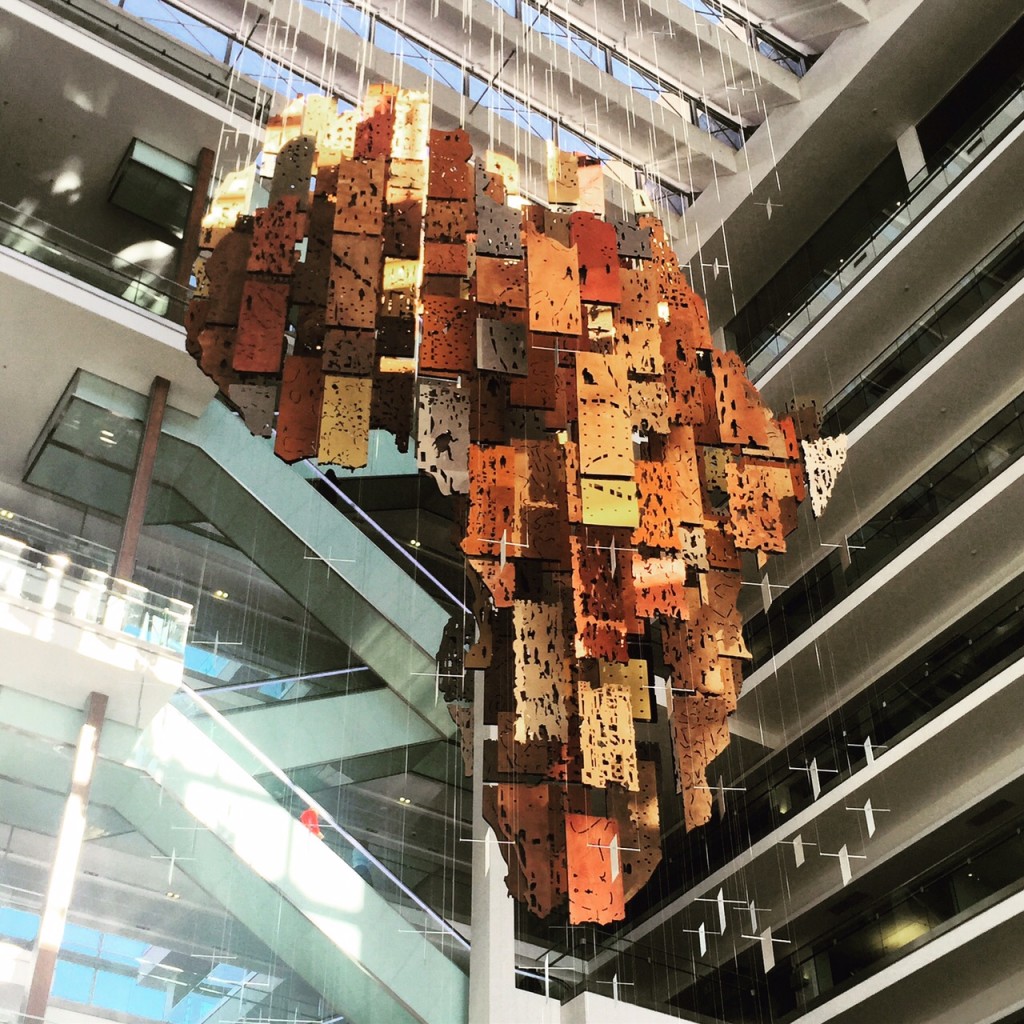 Hanging metal sculpture of the Africa continent at the Corporate HQ of Standard Bank in Johannesburg.
Hanging metal sculpture of the Africa continent at the Corporate HQ of Standard Bank in Johannesburg.